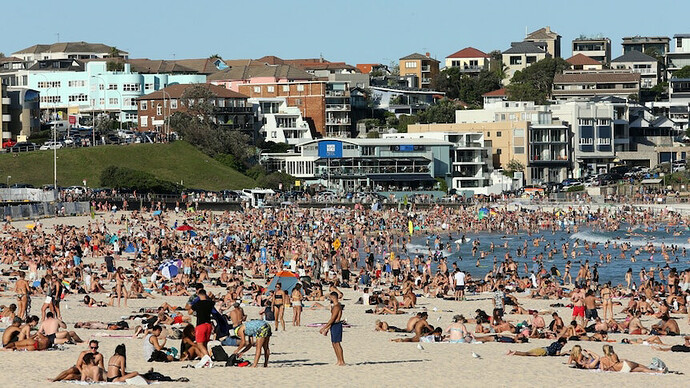None of which contradicts any of the reasons I’ve given for why these countries are better disposed to being able to deal with these issues.
And by “authoritarian” Taiwan (up until very recently) and certainly Singapore are authoritarian in comparison to the UK.
authoritarian
adjective
- favouring or enforcing strict obedience to authority at the expense of personal freedom.
Taiwan, Singapore and Hong Kong have historically all met that description when compared with the UK which goes to my associated point about what their population is generally accustomed to. This is a point that you also make in your second paragraph. Their populations are more generally compliant and are more inured to circumstances where their personal freedoms are constrained, again relative to the experiences of the vast majority of Europeans.
All of which means that comparisons between how they dealt with the outbreak and how the UK did (and really this is how Europe did but for some reason it is the UK that is uniquely referenced here, strangely) are problematic.
It is unreasonable to equate the differing responses as if everything else is equivalent and, frankly, I do not understand the reluctance to compare the UK with more obvious and natural comparators that can be found closer to home; Germany, Italy, Spain and France. Unless, of course, it doesn’t make the UK look quite as fucking terrible if we were to do so.

